Finding the Best Travel Accommodation for Your Needs
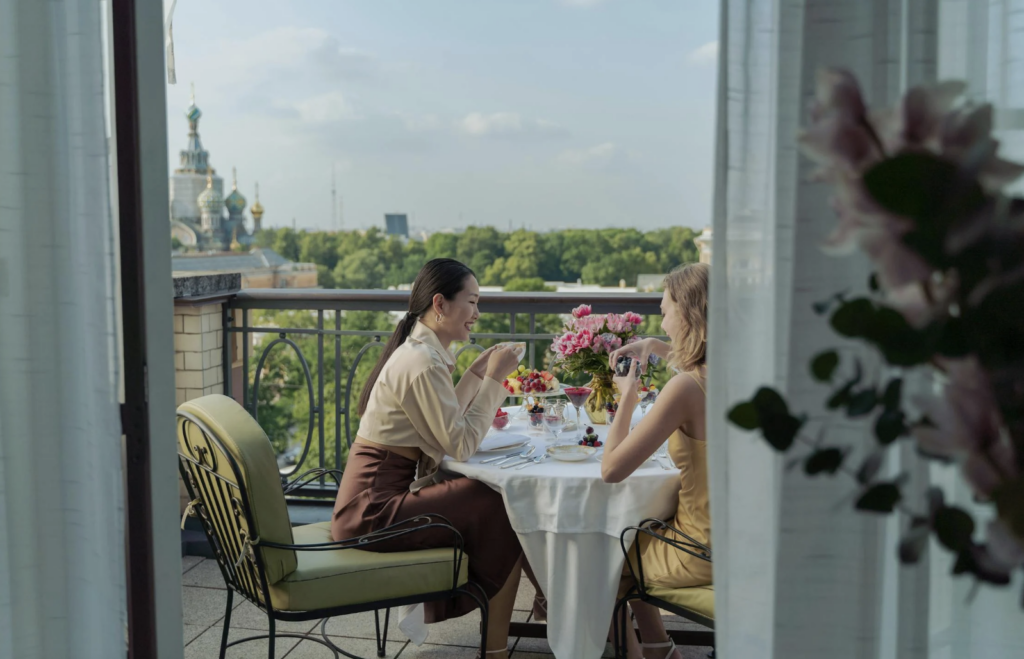
You might have heard of the idea that life is all about the journey, and while that’s often true, it’s not the first thing weary travellers are thinking of when they just want somewhere to put down their luggage and sleep.
In addition to budgeting tips, this quick guide to travel accommodation is here to help you narrow down your options and find the perfect place to rest and recharge after the journey, or after a day of seeing the sights.
Table of contents
Budgeting for Your Trip
While setting your travel budget, it’s important to work out your accommodation costs. Using a booking website can help take the guesswork out of finding the right place to stay, and some, like https://www.yourdreamreservation.com/, even include package deals.
As a general rule, accommodation should make up around a quarter of your travel budget, so make sure to factor this in and be sure to factor in any “surprise expenses” such as mini-bar items or parking, if you choose to stay at a hotel.
Styles of Accommodation
Hotels
Hotels are a popular option, with many offering a variety of services such as free Wi-Fi or 24-hour concierge, which is especially useful for those making a late arrival. When researching your options, avoid relying on star-rating alone and be sure to also check out reviews and pictures shared by previous guests.
Motels
Motels typically have fewer amenities than hotels, but for travellers on the road they offer a quick and easy place to stay. Often situated close to roads or highways, they’re typically associated with the United States, although in places like the UK you might find they go by other names such as “travel lodges”.
B&Bs
Typically found in residential locations, B&Bs (bed and breakfasts) are modestly-sized, often family-run establishments with live-in owners. These offer a home-from-home experience with breakfast included. Depending on the establishment, B&Bs may have en-suite rooms or a shared bathroom.
Self-Catering
If you’re looking for somewhere with a little more space and privacy, vacation or holiday rentals could be the way to go. This term tends to encompass a number of different residences ranging from flats to entire houses, or lodges, which are often found in rural locations or on ski resorts.
Aparthotels
Other forms of private self-catered accommodation include serviced apartments, or apartment hotels, often let by a landlord for short or longer term periods. These include everything you’d expect to see in a residential flat, with the added bonus of a concierge and some additional facilities such as a gym or games room.
Overnight Train
Safer than sleeper buses (which have been outlawed in some countries due to safety concerns)
Sleeper trains offer accommodation and transport in one, which can sometimes mean falling asleep in one location and waking up in another. Services range from luxury to standard class berths (which may be shared with a fellow passenger.
Hostels
For those travelling on a shoestring, hostels offer a budget-friendly alternative. Frequently used by backpackers, these include dormitories or small rooms featuring bunk-beds shared with other travellers, with lockers for personal belongings. While private rooms are rarely available, some hostels do have them, albeit at additional cost. .
Safety Considerations
Besides cost, catering and style of accommodation, safety is paramount when travelling, especially for women (especially those travelling solo), whose adventures sadly still come at great risk to their wellbeing and safety, something which applies regardless of whether their chosen accommodation is a boutique hotel or a canvas tent.
In addition to checking your local government website for safety advice, asking experienced travellers for tips can also help. While standard advice to review security features (such as room locks) and carry out routine checks still stands, fellow travellers may have a few additional safety tips they’ve picked up along the way.
A Few Final Tips
Besides safety, service and ratings from previous guests, try to make sure your accommodation is centrally-located (this can help save on transport costs to reach nearby attractions). Booking in advance is another great way to save money (especially at off-peak times).
Finally, wherever you choose to stay, check to make sure your accommodation is clean and comfortable. Until you actually arrive, this can be a little challenging to judge, but trusted reviews from former patrons can help to give you a general overview. As for comfort, a good nights’ sleep also means a good night’s rest, which means more energy for whatever the following day has in store.
Remember, never travel without travel insurance! And never overpay for travel insurance!
I use HeyMondo. You get INSTANT quotes. Super cheap, they actually pay out, AND they cover almost everywhere, where most insurance companies don't (even places like Central African Republic etc!). You can sign-up here. PS You even get 5% off if you use MY LINK! You can even sign up if you're already overseas and traveling, pretty cool.
Also, if you want to start a blog...I CAN HELP YOU!
Also, if you want to start a blog, and start to change your life, I'd love to help you! Email me on johnny@onestep4ward.com. In the meantime, check out my super easy blog post on how to start a travel blog in under 30 minutes, here! And if you just want to get cracking, use BlueHost at a discount, through me.
Also, (if you're like me, and awful with tech-stuff) email me and my team can get a blog up and running for you, designed and everything, for $699 - email johnny@onestep4ward.com to get started.
Do you work remotely? Are you a digital nomad/blogger etc? You need to be insured too.
I use SafetyWing for my digital nomad insurance. It covers me while I live overseas. It's just $10 a week, and it's amazing! No upfront fees, you just pay week by week, and you can sign up just for a week if you want, then switch it off and on whenever. You can read my review here, and you can sign-up here!





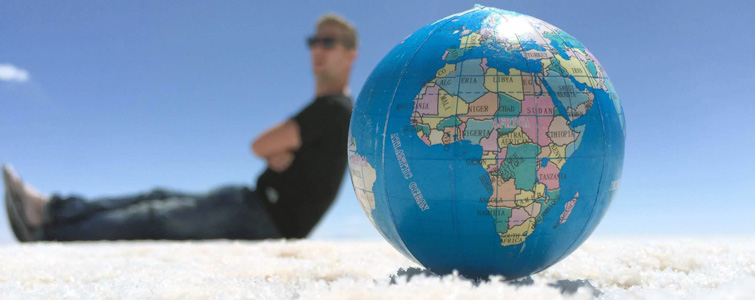

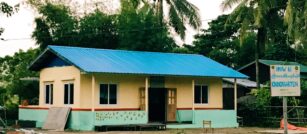
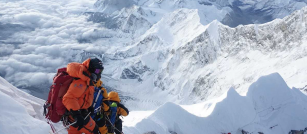




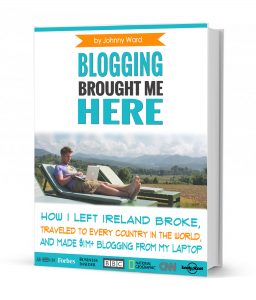 As you know, blogging changed my life. I left Ireland broke, with no plan, with just a one-way ticket to Thailand
and no money. Since then, I started a blog, then a digital media company, I've made
more than $1,500,000 USD, bought 4 properties and visited (almost) every country in the world. And I did it all from my laptop as I
travel the world and live my dream. I talk about how I did it, and how you can do it too, in my COMPLETELY FREE
Ebook, all 20,000
words or so. Just finish the process by putting in your email below and I'll mail it right out to you immediately. No spam ever too, I promise!
As you know, blogging changed my life. I left Ireland broke, with no plan, with just a one-way ticket to Thailand
and no money. Since then, I started a blog, then a digital media company, I've made
more than $1,500,000 USD, bought 4 properties and visited (almost) every country in the world. And I did it all from my laptop as I
travel the world and live my dream. I talk about how I did it, and how you can do it too, in my COMPLETELY FREE
Ebook, all 20,000
words or so. Just finish the process by putting in your email below and I'll mail it right out to you immediately. No spam ever too, I promise!
